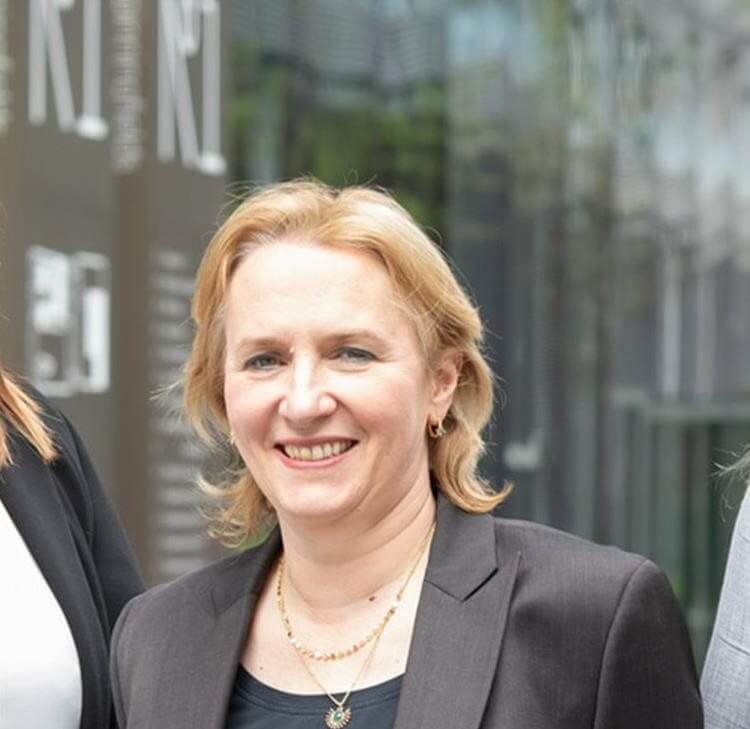Whilst the recent judgment in CCC v Sheffield Teaching Hospitals NHS Foundation Trust [2023] EWHC 1770 (KB) (12 July 2023) makes essential reading for expert witnesses, the subsequent cost judgment of Mr Justice Ritchie in CCC v Sheffield Teaching Hospitals NHS Foundation Trust [2023] EWHC 1905 (KB) considered what is necessary for a Part 36 offer containing lump sum and periodical payment components to be "beaten", an issue on which there was no previous authority or commentary in the White Book.
Background
The Claimant was an eight year old girl who sued the Defendant NHS Trust for damages for negligence, which resulted in her suffering cerebral palsy. The Defendant admitted that it was responsible for failing to prevent the Claimant suffering from chronic partial hypoxic ischaemia before and during her birth, which caused the cerebral palsy.
On 24 May 2023, the Claimant made a Part 36 offer to settle her claim consisting of:
- A gross lump sum of £7,000,000; and
- A periodical payments order (PPO) of £360,000 p.a. for life.
On 12 July 2023, judgment on quantum was handed down. The gross lump sum awarded by the court was lower than the Part 36 offer (£6,866,615), but the PPO award was higher (£394,940 p.a.).
The question for the court to determine was whether the damages it had awarded were more advantageous (i.e. “better in money terms”) to the Claimant than the Part 36 offer she had made.
The Claimant contended that she had “beaten” her Part 36 offer at trial, because if the PPO was capitalised into a lump sum by using the agreed lifetime multiplier used for the lump sum and added to the lump sum offered (£7,000,000), it came to a total of £14,635,600. This was less than the total capitalised lump sum value of the award that was in fact made (£15,246,292).
Combined Part 36 offers
Mr Justice Ritchie did not agree with the Claimant’s approach. As the Part 36 offer had been made as a combined offer – i.e. both a lump sum figure and a PPO figure were specified, no protection was gained unless both the lump sum and the PPO offers contained within it were beaten.
It was not appropriate to reintroduce the multiplier when considering the PPO element as the whole purpose of a PPO is to order a multiplicand only and avoid using a multiplier.
The way in which the offer had been phrased was critical. It had been open to the Claimant to make individual offers in respect of the lump sum and PPO elements, each of which could have been accepted separately. If she had taken that approach, the PPO element would have been “beaten” at trial with the resultant cost consequences. Presumably the Claimant’s litigation friend had accepted advice that there was a tactical advantage to be gained in not making separate offers.
Leapfrog appeal application regarding lost years
Notably the Claimant also sought and was granted permission to make a “leapfrog” appeal to the Supreme Court on the issue of loss of earnings in the “lost years”. Whilst adults are entitled to claim damages for their loss of earnings in the “lost years” (see Pickett v British Rail [1980] AC 136 and Gammell v Wilson [1982] 2 AC 27), in Croke v Wiseman [1982] 1 WLR 71 the Court of Appeal decided that a severely disabled child with no dependents could not make a similar claim on the basis that it was too speculative.























![Contractual liability for all inclusive treatment: Bartolomucci v Circle Health Group Limited [2025]](/getattachment/95f9533b-f99c-4fcc-b8d5-3f93904b8242/shutterstock_1265400856.jpg?variant=HeroImageTabletVariantDefinition)


















